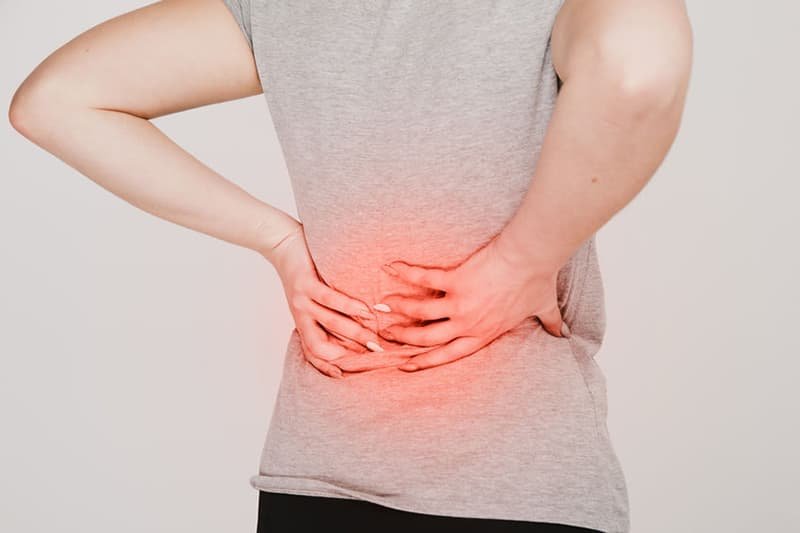
image credit- shutterstock
Japan-based NEC Corporation and Tokyo Medical and Dental University (TMDU) have developed a technology to support self-care for chronic non-specific lower back pain (CLBP) by using artificial intelligence (AI) to analyse image and interview data taken with smart devices.
This will enable individuals with chronic back pain to easily check their lower back condition and to see possible causes and recommendations for customized exercises, regardless of the time or location.
According to a study conducted by Japan’s Ministry of Health, Labour and Welfare in 2022, lower back pain is the leading subjective symptom of illness or injury in Japan for both men and women. Lower back pain often becomes chronic and is a major health problem that significantly impairs life functions, and at the same time, it may also cause problems such as increased social security costs for medical and nursing care benefits. However, in order to improve the symptoms of CLBP, it is necessary to visit the clinic several times a month continuously, and many people are unable to receive adequate services due to distance and time constraints.As the population continues to age, there are high expectations for technology to encourage appropriate exercises for improving symptoms and preventing the worsening or recurrence of CLBP.
This technology was developed based on NEC's state-of-the-art AI, including 2D/3D human pose estimation technology and abductive reasoning technology, as well as TMDU's medical knowledge. Based on images of a user taken with a smart device, the technology automatically estimates the human skeletal pose structure, evaluates the condition of each body part, estimates the cause of CLBP, and suggests an exercise programme tailored to the symptoms.




